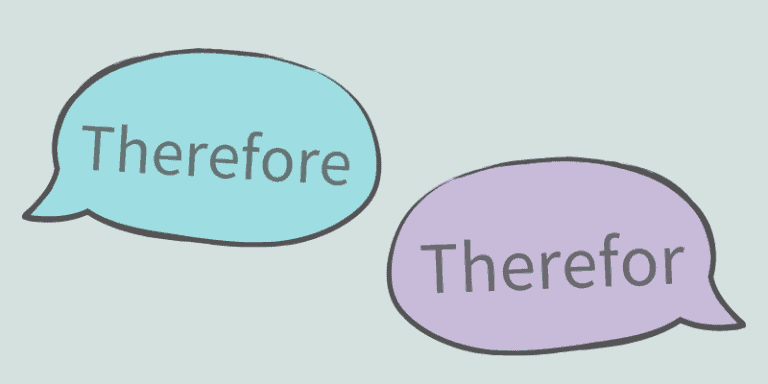2 Comments
Kneeled vs knelt
Kneeled is the past tense of kneel, a verb which means to bend the knees and rest upon them. Kneeling is often a position employed when praying or abasing oneself before another. Knelt is also the past tense of kneel, it is a form that gained prominence in the 19th …
